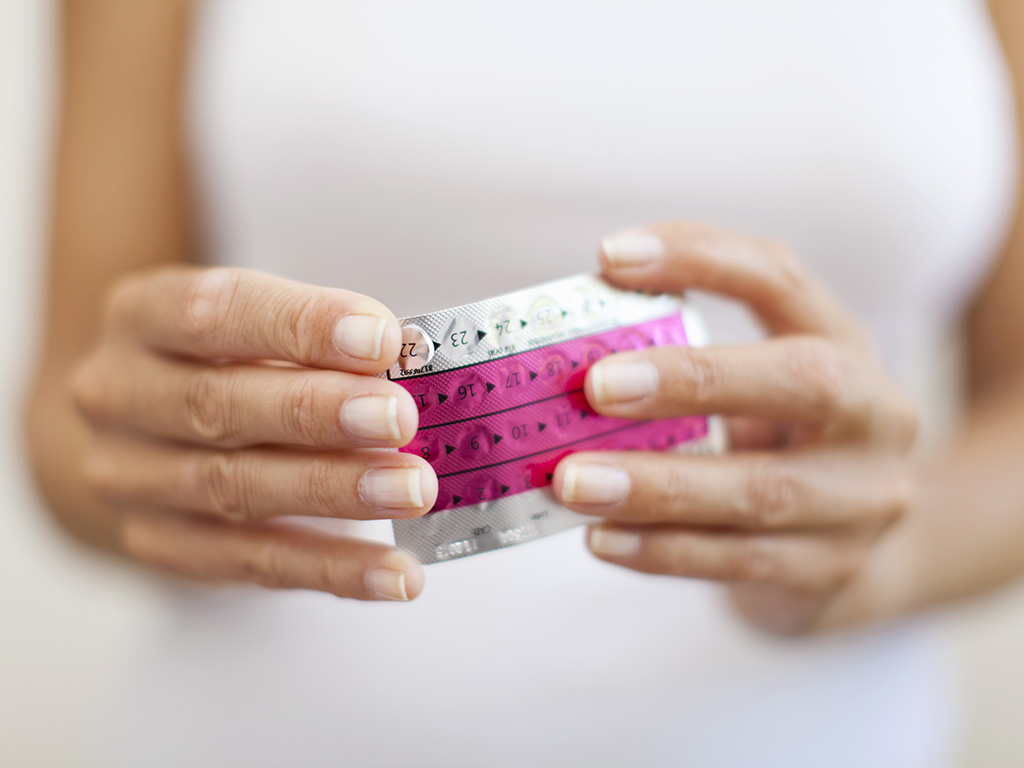We already know that hormonal birth control, whether it’s a pill, a patch, or a ring that’s inserted in the vagina, is an effective way to prevent pregnancy, but women also turn to these options for other health reasons that have nothing to do with contraception.

“I sometimes say to my patients that they shouldn’t be called birth control pills, but rather hormonal therapy with non-contraceptive benefits,” says Dr. Deborah Robertson, an OBGYN at St. Michael’s Hospital and assistant professor at the University of Toronto. “They need a re-brand.”
WATCH BELOW: The Canadian Pediatric Society says IUDs should be the first-line birth control option for teens

That’s because doctors will often prescribe hormonal contraception (that contains a combination of estrogen and progesterone) for non-contraception reasons, most often for issues related to tempering or regulating menstruation. According to the Society of Obstetricians and Gynaecologists of Canada, many women experience heavy menstrual bleeding (HMB) at some point in their lives, and it’s characterized by bleeding that lasts more than seven days, bleeding that soaks through sanitary products once an hour for several hours in a row, and menstrual flow with large blood clots.
In fact, for 29-year-old Austi Whetten, a woman who was diagnosed with von Willebrand disease at age 16, a genetic bleeding disorder in which her blood doesn’t clot well, a hormonal IUD helped her reclaim independence over her menstrual cycle, which she says was so heavy she would routinely bleed through sanitary products every hour or so.
The stress of the excessive bleeding, in addition to the debilitating cramps that came with her period, made keeping school, work and social commitments difficult.
READ MORE: This is what the future of male birth control looks like
Other conditions birth control can help
Hormonal contraceptives are also prescribed for helping with dermatological issues like acne, as well as hirsutism (or excessive hair growth) as it decreases the androgens that create the condition. They’re also used to help manage certain gynecological conditions, like pelvic pain due to endometriosis, polycystic ovary syndrome (PCOS), and bleeding or pain due to adenomyosis.
“Any cyclical symptoms from menstruation can also be made better, including PMS symptoms or menstrual migraines — and because you’re on a hormonal contraceptive, you don’t have to have your period every month,” Robertson says.
She says it’s also touted for decreasing the risk of endometrial and ovarian cancer. And while some say that the flip side to that is an increased risk of breast cancer, Robertson points out that there are two camps on that issue.
READ MORE: The risks and benefits of taking oral contraception
Although birth control brands will rarely advertise their product’s ability to address these health concerns, Robertson says these uses are “very well-studied and utilized.”
“It’s up to the company to determine how they want to brand their product, but some do try to brand for specific things like acne and hirsutism,” she says.
“It’s definitely something that I go to when patients come to see me in the hopes that I can help them from this standpoint. I would hope that most family physicians would also be aware of it.”






Comments